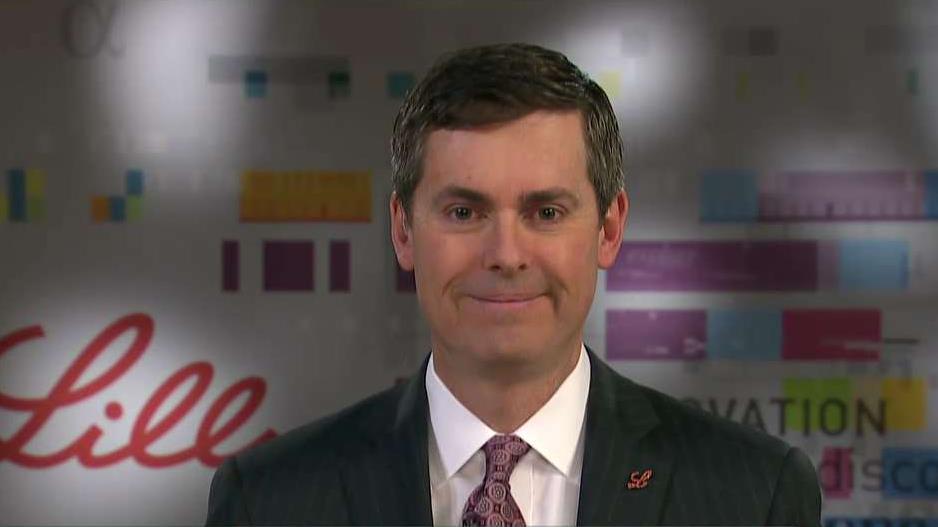Trump admin forces big pharma to disclose list price of drugs in TV ads
Pharmaceutical firms will now be required to disclose the list price of treatments if the cost is higher than $35 per monthly prescription, according to a new rule finalized on Wednesday by the Trump administration.
“Requiring the inclusion of drugs’ list prices in TV ads is the single most significant step any administration has taken toward a simple commitment: American patients deserve to know the prices of the healthcare they receive,” Health and Human Services Secretary Alex Azar said in a statement.
The U.S. is one of the only developed nations to allow pharmaceutical firms to advertise treatments on television. Starting this summer, the price is expected to be included in the portion of the commercial where companies traditionally list the potential side effects of drugs.
The Trump administration argues that by requiring the disclosure, drug manufacturers will be more willing to lower their list price due to the public scrutiny a high cost could entail.
Pharmaceutical companies say the forced disclosure violates the industry's First Amendment rights and that the prices are better listed on websites, not TV ads.
The administration argues it is legally clear to finalize the rule because it is justified by a government interest -- keeping drug costs low to save money in the Medicare and Medicaid programs -- and "does not unduly burden protected speech."
| Ticker | Security | Last | Change | Change % |
|---|---|---|---|---|
| PFE | PFIZER INC. | 27.05 | -0.17 | -0.62% |
| JNJ | JOHNSON & JOHNSON | 238.64 | -1.35 | -0.56% |
| ABBV | ABBVIE INC. | 223.26 | -0.17 | -0.08% |
| LLY | ELI LILLY & CO. | 1,044.67 | -13.51 | -1.28% |
| BMY | BRISTOL MYERS SQUIBB CO. | 60.77 | -1.22 | -1.97% |
For patients, it can be notoriously difficult to determine the exact cost for treatments, partially because the price consumers actually pay is set through opaque negotiations between pharmaceutical manufacturers and middleman pharmacy benefit managers.
Through Wednesday's final rule, the White House is aiming to empower consumers to have more control over the amount of money they spend on prescription treatments each month.
“DTC advertising may increase disease awareness and facilitate more informed discussions between consumers and their health care providers. But it can also result in increased utilization through patients requesting costly drugs and biological products seen on television,” HHS said, adding that it can cause "problematic increases in government spending."
CLICK HERE TO GET THE FOX BUSINESS APP
The drug industry spent over $5.5 billion on direct-to-consumer (DTC) advertising in 2017, according to a study by Kantar Media Advertising Intelligence.
Among the most advertised drugs is AbbVie's Humira, which has an average list price of $5,174, meaning the company would be forced to disclose the cost in marketing campaigns under the new rule.
Others include Pfizer's Lyrica and Xeljanz, Eli Lilly & Co.'s Trulicity and Johnson and Johnson's Xarelto, which has a list price of $448 per month. The New Brunswick, New Jersey-based company has already begun including the cost of the blood thinner drug in ads.




















